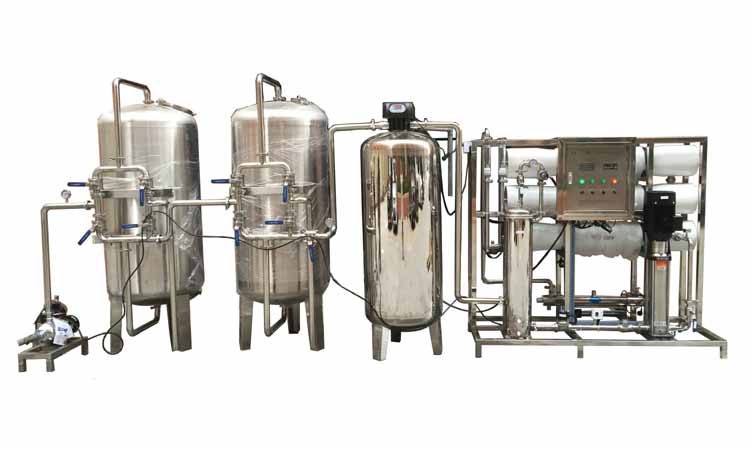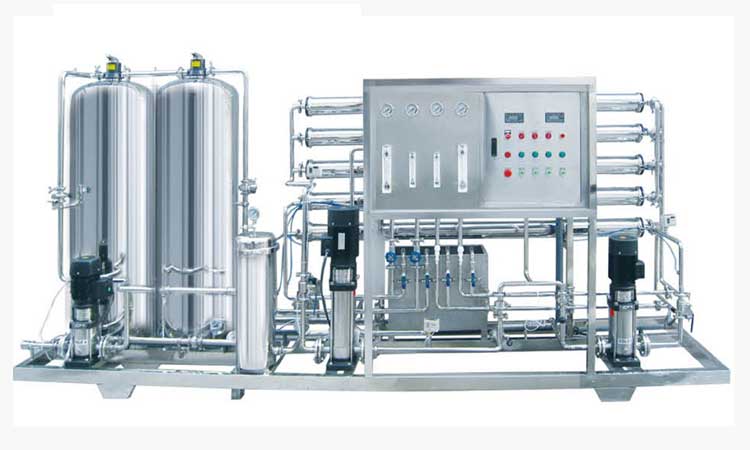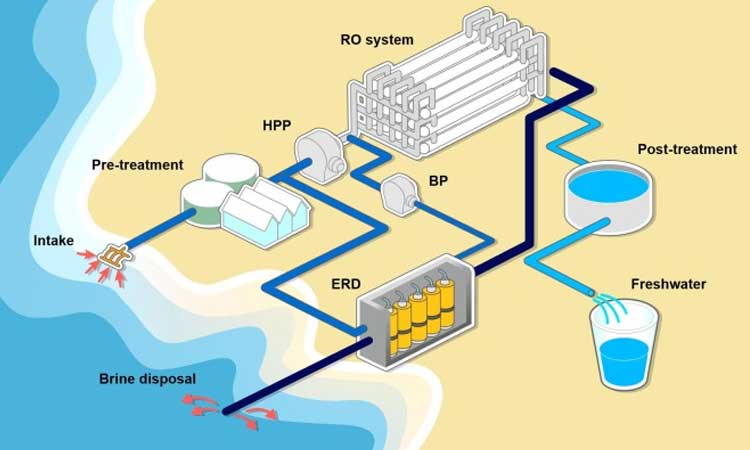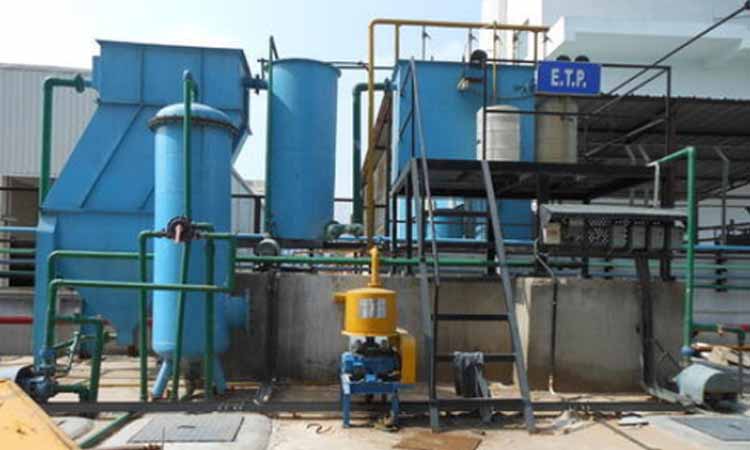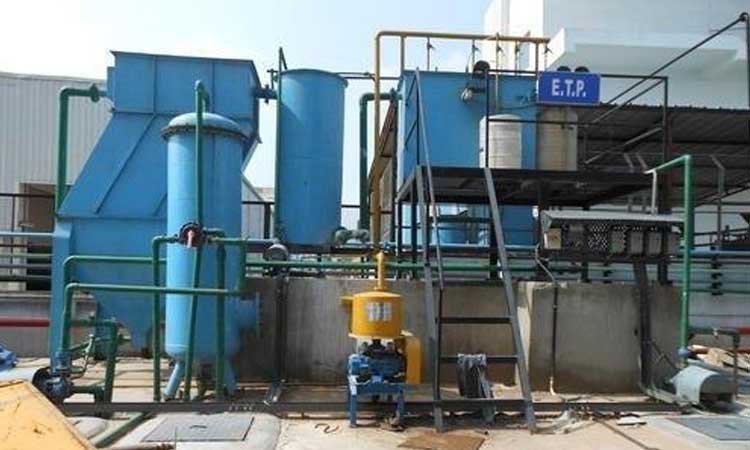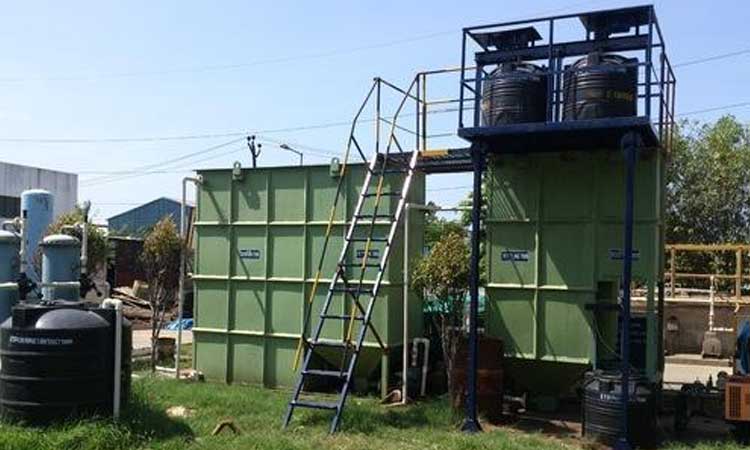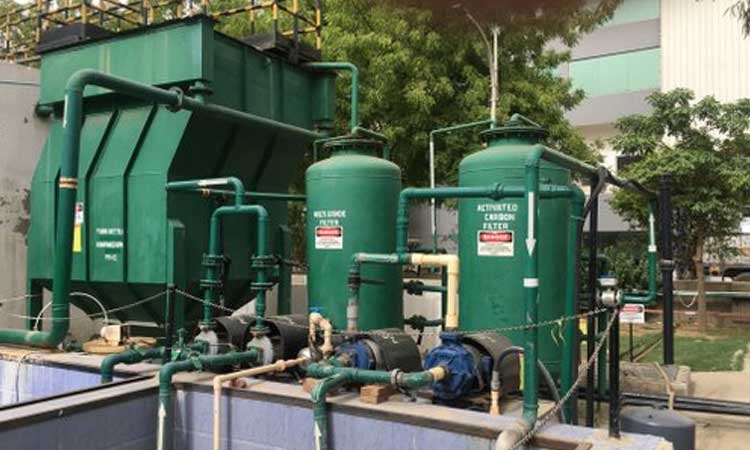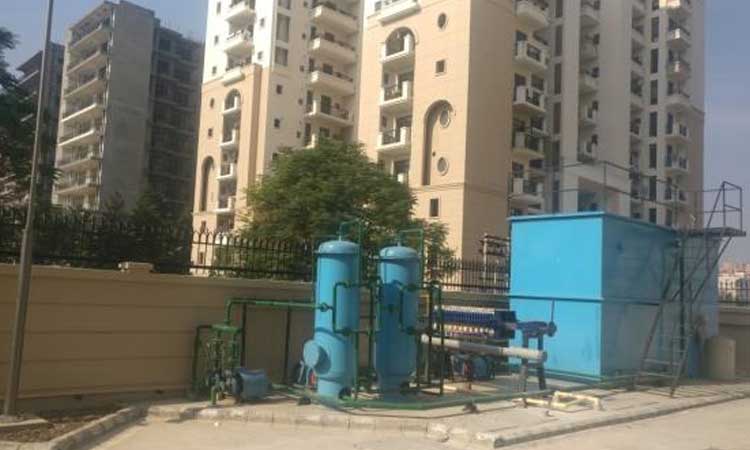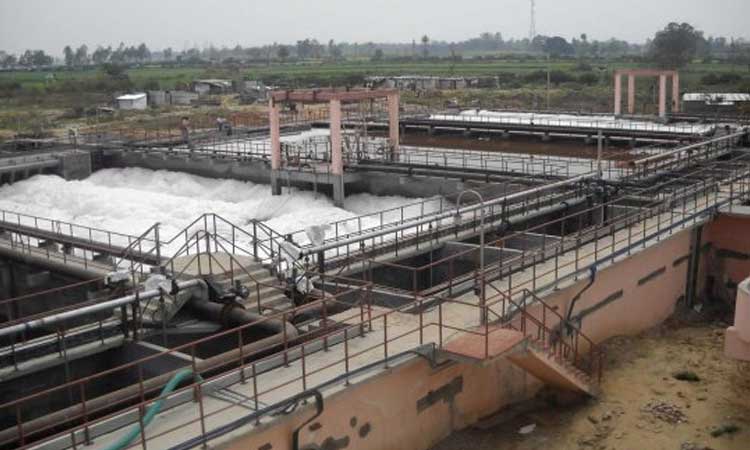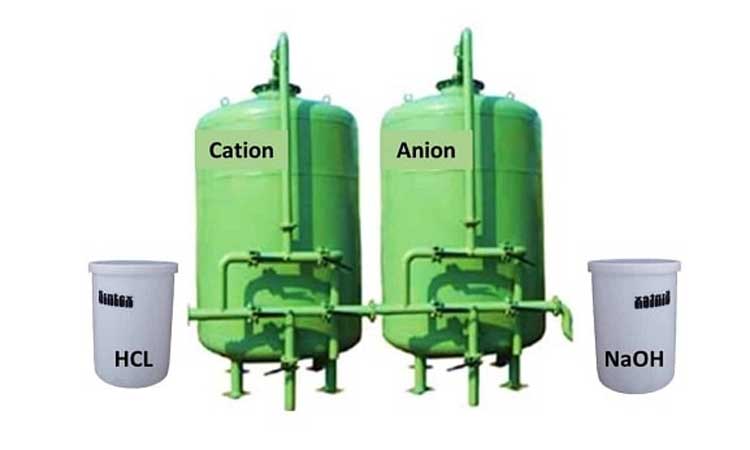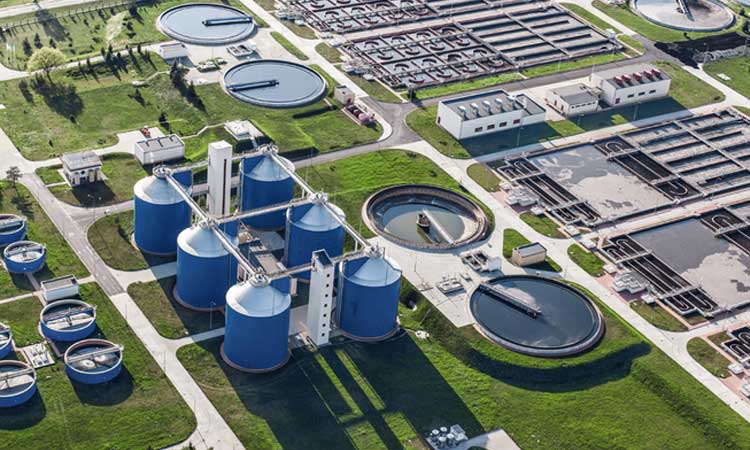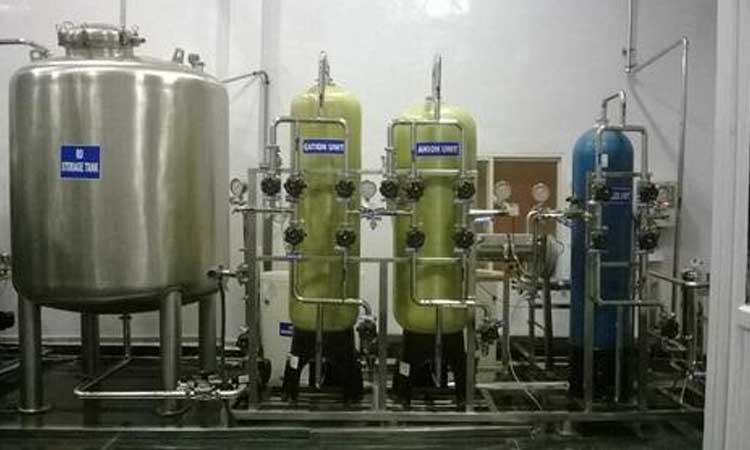
Dm Plants In Combination With Ro Plants Required In A Wide Range Of Industry
DM plants perform demineralization to eliminate all minerals and contaminants from water. Demineralized Water is water completely free (or almost) of dissolved minerals due to one of the following processes: Distillation, Deionization, Membrane filtration (reverse osmosis or nanofiltration), Electrodialysis. On the other hand, Reverse osmosis is a procedure that removes minerals from water by passing them through a semipermeable membrane under immense pressure. As the membrane is semipermeable, it allows certain minerals to pass through. We will discuss DM Water Plant in the combination of RO Plant step by step for a clear understanding of your concept. Read the whole article to increase your knowledge regarding the overall workings of DM Water Plant and Reverse Osmosis.
Industries like Automobile, Pharmaceutical, Textile, Pulp & Paper, Beverages, Refineries, Schools, Hospitals, Commercial Buildings, Hotels uses RO Plant and DM plant both for decreasing the TDS quality of the water. In the context of Water purification, ion exchange is a rapid and reversible process in which impurities presented in the water are replaced by ions and released by an ion-exchange resin. The resin takes the impure ions, which must be periodically regenerated and restored to the original ionic form. Positively-charged ions are called cations and are usually metals; negatively-charged ions are called anions and are usually non-metals). The reverse osmosis water system contains a sediment filter and a carbon filter in addition to the RO membrane. The filters are called prefilters or post-filters, depending on whether water passes through them before or after passing through the membrane.
RO water purifier removes dissolved impurities; it removes natural minerals such as iron, magnesium, calcium, and sodium, which are essential to the human body and cause a mineral deficiency in the body. It does not kill waterborne disease-causing bacteria and viruses. Approximately more water as compared to filtered water flushed down as wastewater. Deionization does not remove uncharged molecules such as viruses or bacteria. Demineralized water most times have fewer mineral ions; this is dependent on the way it is produced. Deionization has a cleaner production, and it leaves behind less scale in the installations. Deionized water directly affects the intestinal mucous membrane, metabolism and mineral homeostasis, or other body functions.
As human beings, we all need to drink water regularly. Our planet is surrounded by 70% of water bodies. But this water is not fit for human consumption. Thus, to get purified and distilled water, reverse osmosis desalination is required. RO is one of the most efficient and modern water purification technologies available right now. Water Systems are excellent in removing impurities in drinking water, including Organic Chemicals, Chlorine, Lead, Silicates, Pesticides, Herbicides, Arsenic, Asbestos, Radionuclides, Cysts. Demineralization filters are used to pack up the molecular impurities of drinking water, including Dissolved Salts, Calcium Ions, Magnesium Ions, and Metallic Ions. Water from which minerals are removed is known as demineralized water, primarily used for industrial purposes. Ion Exchange processes are used to achieve demineralization. The DM water may not be pure in terms of bacteria or virus removal, and also it is not fit for drinking purposes.
Industry Water Solutions is a leader in the water and wastewater management market. Our team of experts understands the exact requirements and needs of the customers and offers then customized solutions that are efficient and cost-effective. Our customers have selected us as their prime choice due to the commitment and sincerity they have noticed in all our services. To maintain high-quality standards, each of our products goes through a series of stringent checks based on various predefined quality parameters under the supervision of a team of highly experienced quality analysts at various manufacturing stages and during the dispatch of the products from the manufacturing unit.
From the number and nature of water recycling projects throughout the world, it can be concluded that the principle of treating wastewater as a valuable source has become increasingly accepted. The enormous demand for water due to population growth and increased comfort is translated into better protection of sources and, eventually, zero discharge or nearly zero discharge systems. Demineralized water is necessary to avoid scale accumulation in boiler or heat exchanger tubes with typical potable water. Reverse osmosis helps in improving the quality and safety of water for domestic as well as industrial use. It is widely used to desalinate seawater. The field of RO membrane desalination has rapidly grown over the past 40 years to become the primary choice for new plant installation. Due to the high-pressure requirement, lower recovery, membrane fouling, and higher energy consumption require an alternative economical process for producing safe drinking water.
